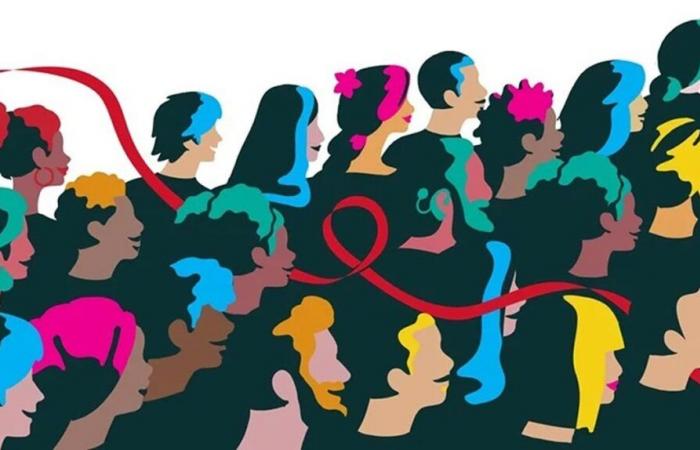The world can end AIDS, as long as the rights of all are protected. By putting human rights at the center and communities at the forefront, the world can eliminate this public health threat by 2030.
On 1 December, WHO joins partners and communities to commemorate World AIDS Day 2024 with the theme “Let’s follow the path of rights – our health, our rights”.
As part of this year’s campaign, WHO is calling on world leaders and citizens to defend the right to health by tackling the inequalities that hinder progress towards ending AIDS.
Although the WHO European Region has made progress in the fight against HIV, significant challenges remain in identifying and treating cases and, above all, preventing new infections.
To end AIDS, we must prioritize everyone living with HIV, at risk of infection or affected by the virus, including men who have sex with men. other men, transgender people, people who inject drugs, sex workers, prisoners and other people living in closed settings, and their partners.
Health is a human right
Everyone should have access to the health services they need, including HIV prevention, treatment and care services, when and where they need them. Protecting the right to health means guaranteeing access to health care for all, without discrimination, regardless of HIV status, history, gender or place of residence. Although progress has been made in this regard, access challenges remain in the Region.
Stigma and discrimination undermine the fight against AIDS
People living with HIV, at risk of contracting the virus or affected by it face both the disease itself and the stigma surrounding it. Combating stigma and discrimination and protecting everyone’s human rights are essential to achieving universal HIV care and removing barriers to accessing HIV care.






